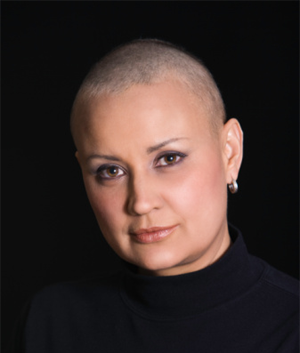Dec 22, 2025
Dec 22, 2025
by Ola de Sas
 She was bald due to a brain operation. Her scalp was covered with traces of little sutures, which looked like stitches of a well darned sock. She was not a beauty, but her face was homely, and her smile was lovely. Every time she smiled, her face radiated such warmth that I was strongly drawn to her.
She was bald due to a brain operation. Her scalp was covered with traces of little sutures, which looked like stitches of a well darned sock. She was not a beauty, but her face was homely, and her smile was lovely. Every time she smiled, her face radiated such warmth that I was strongly drawn to her.
05-Sep-2010
More by : Ola de Sas

|
It's so heart touching. Life must be big not lengthy. |